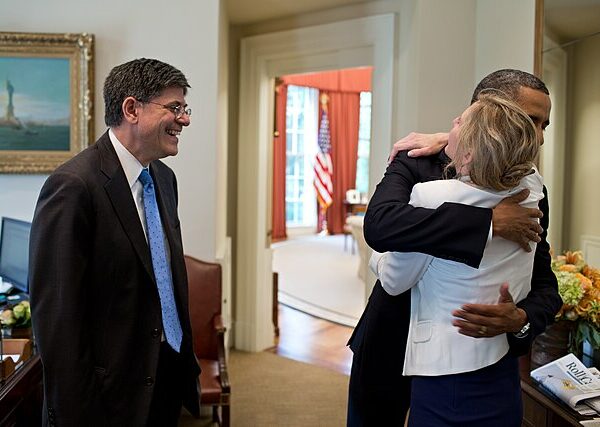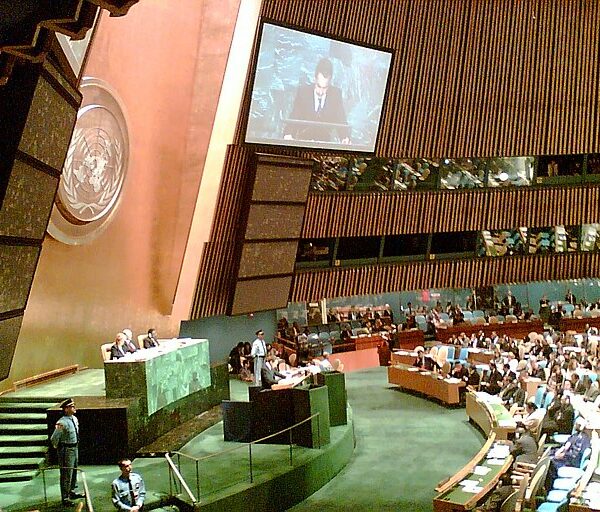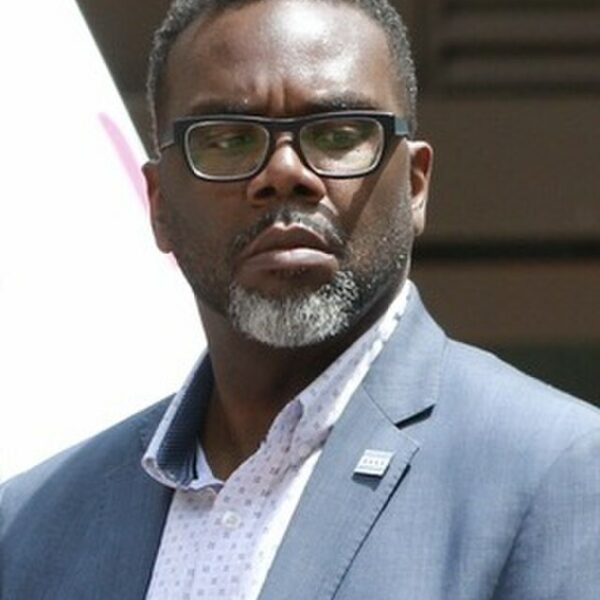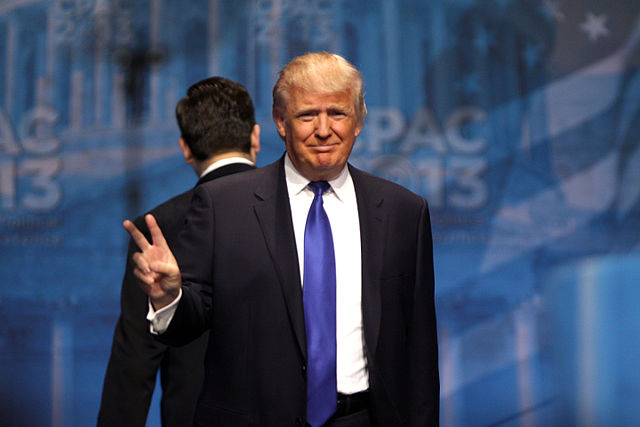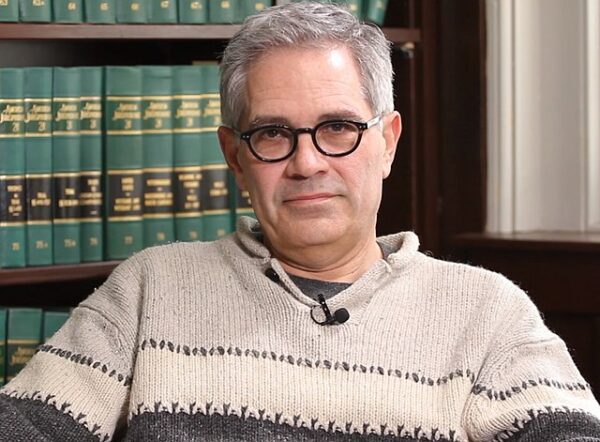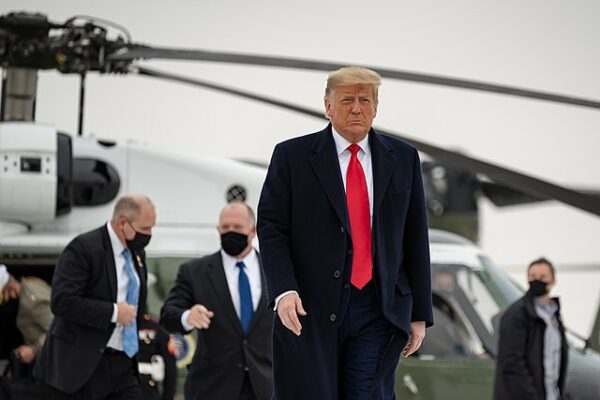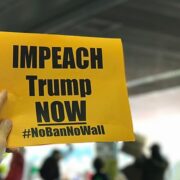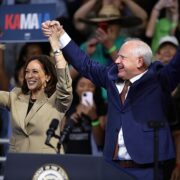
Florida’s top officials have given unanimous approval to establish former President Donald Trump’s presidential library on a Miami college campus, underscoring the state’s role as the political and personal home of the 45th president.
The Florida Cabinet on Tuesday voted to transfer a 2.63-acre parcel at Miami Dade College’s Wolfson Campus to the Donald J. Trump Presidential Library Foundation, a nonprofit led by Trump’s son, Eric. The site, currently a staff parking lot, will become the permanent home of the library, according to a statement from Governor Ron DeSantis’ office, writes The Daily Caller.
Eric Trump announced the decision on Twitter, hailing the Cabinet’s action as a milestone for the family’s legacy. “I am extremely proud to announce a UNANIMOUS vote by the Florida Cabinet for the conveyance of land for the @realDonaldTrump Presidential Library which will be located in… MIAMI, FLORIDA! It will be the greatest Presidential Library ever built, honoring the greatest President our Nation has ever known,” he wrote. Offering thanks to DeSantis and Attorney General James Uthmeier, he added that the structure would be “one of the most beautiful buildings ever built, an Icon on the Miami skyline…rest assured it will not look like President Obama ‘prison like structure.’”
I am extremely proud to announce a UNANIMOUS vote by the Florida Cabinet for the conveyance of land for the @realDonaldTrump Presidential Library which will be located in… MIAMI, FLORIDA! It will be the greatest Presidential Library ever built, honoring the greatest President…
— Eric Trump (@EricTrump) September 30, 2025
Governor DeSantis emphasized the symbolic and practical significance of the library’s location. “Having the Trump Presidential Library in Miami will be good for Florida, for the city, and for Miami Dade College,” he said. “No state has supported the President’s agenda more than the Free State of Florida, and I was proud to spearhead the successful effort to house this historic presidential library right here in his home state.”
Attorney General Uthmeier echoed the sentiment, praising the library’s promise as a civic institution. He said he looked forward to the “patriotic stories the Trump Library Foundation will showcase for generations to come.”
The choice of Miami reflects Trump’s deep ties to Florida. He formally shifted his residence from New York to Palm Beach in 2019 and carried the state in three consecutive presidential campaigns. With the Cabinet’s vote, Miami is now positioned to host what supporters describe as both a cultural landmark and a repository of history—an institution intended to enshrine Trump’s influence in American politics and Florida’s role in his rise.
The warm embrace Florida has extended to Trump’s library project stands in stark contrast to the turbulence surrounding his predecessor’s. In Chicago, the Obama Presidential Center—a sprawling $850 million complex rising in Jackson Park—has become a lightning rod for controversy. Billed by its backers as a cultural hub, the 19.3-acre site is instead facing sharp resistance from residents and community leaders who warn of gentrification, soaring rents, and the displacement of the very people it claims to serve. Alderwoman Jeanette Taylor, once a staunch Obama ally, has condemned the absence of a binding Community Benefits Agreement, warning that the project risks pricing families out of their neighborhoods.
What was once promoted as a civic triumph is now dogged by accusations of elitism, cost overruns, and disregard for community consent. With construction delays, ballooning budgets, and a design likened by critics to a “concrete tomb” or a “Tower of Babel,” the center has come to embody the disillusionment of those who feel abandoned by the very leaders who once promised renewal. Like much of Obama’s tenure, the cost of the library has almost doubled from the promises he made. For Trump in Florida, the story is altogether different: his presidential library is being welcomed with unanimity and celebrated as a cultural landmark, cementing both his personal bond with the state and its role in shaping his political legacy.
[Read More: Blue States Issuing ‘No-Name’ Truck Licenses]

